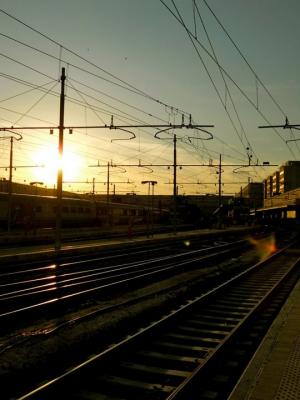By MELODY NIXON
Many Anglo-Westerners think of Siberia in terms of its weather (freezing), its animals (tigers and woolly dogs), its history (gruesome and gulag-filled), or the distances it encompasses (gargantuan). In their conceptions of Russia’s east, twenty-first century writers don’t stray from received stereotypes. Siberia is described in one piece in The Rumpus as the junk drawer below the kitchen radio to which you send unwanted things; in another recent selection of writings “on the near and far,” Siberia is the “far” place, down from which cold winds slither.








